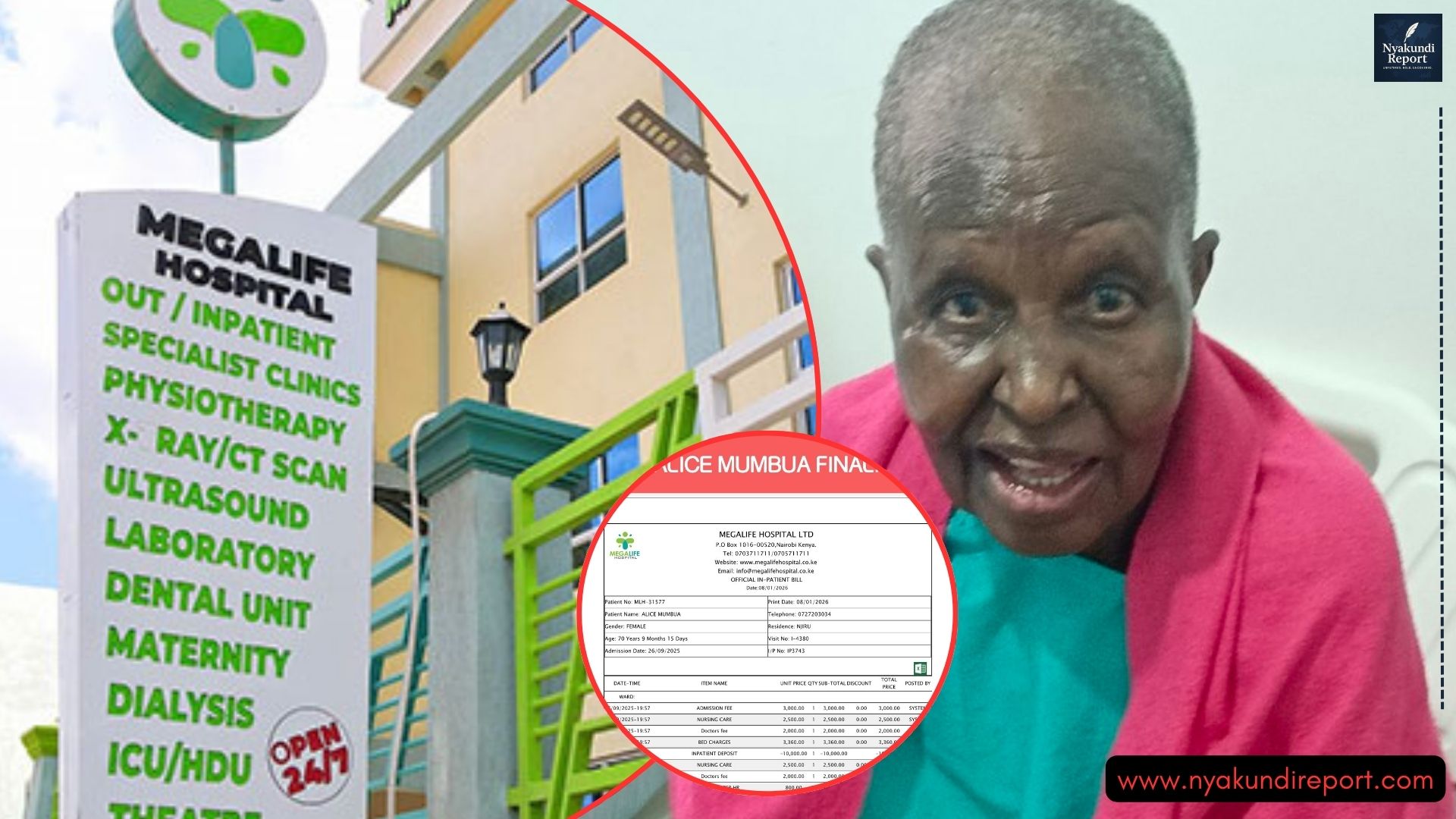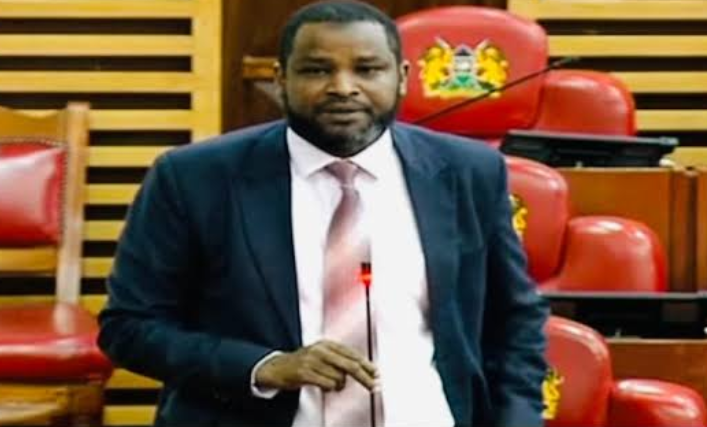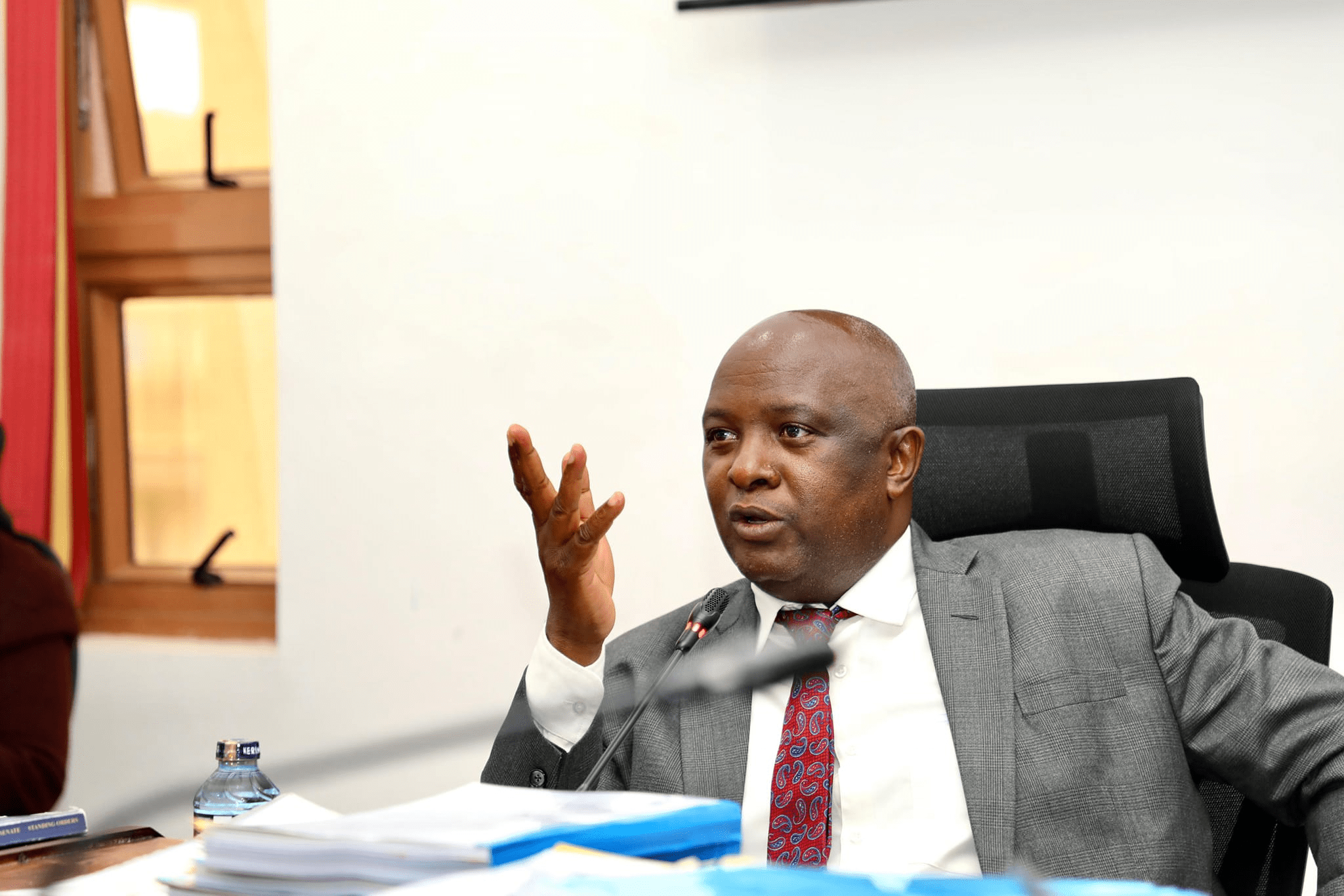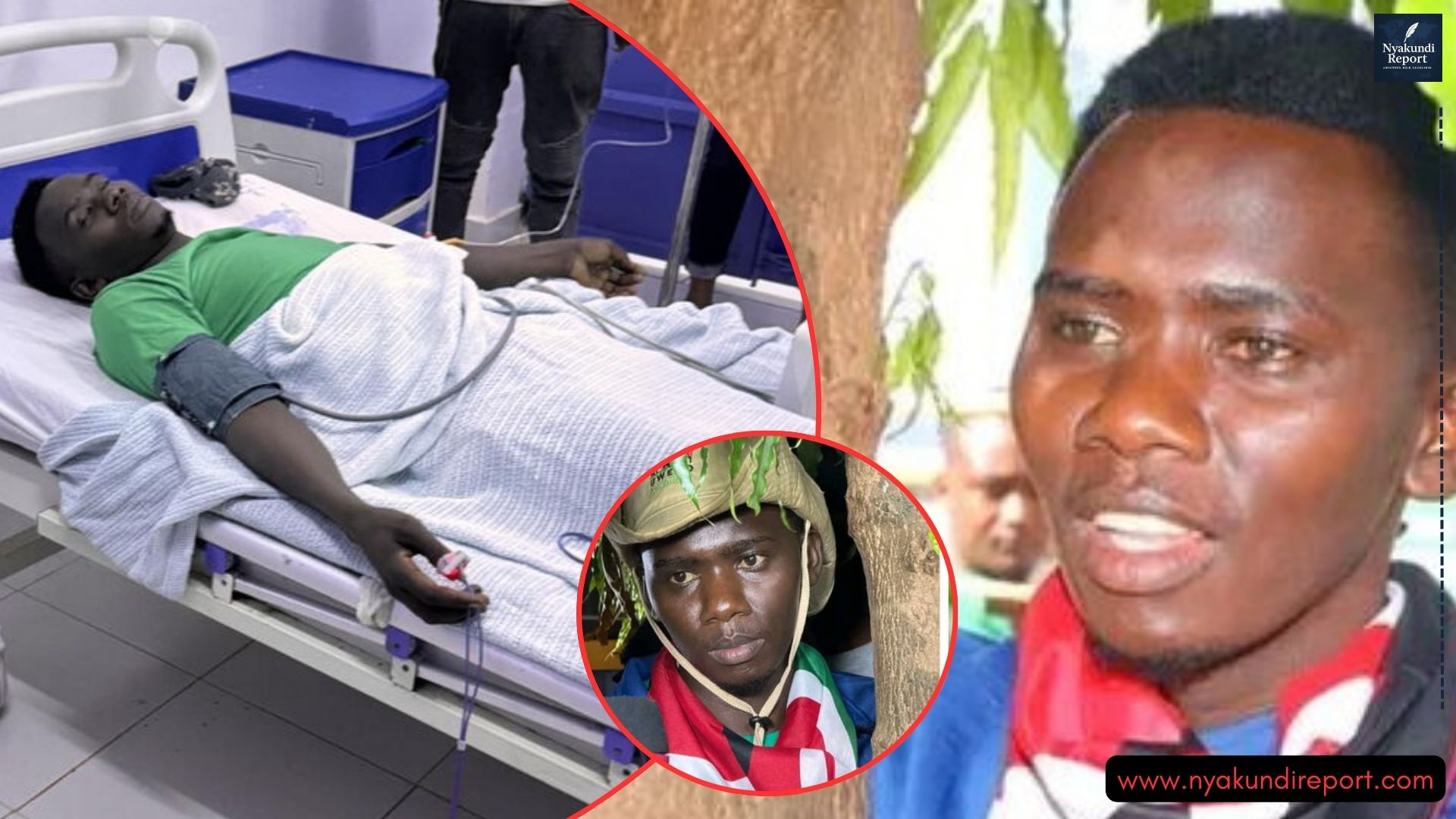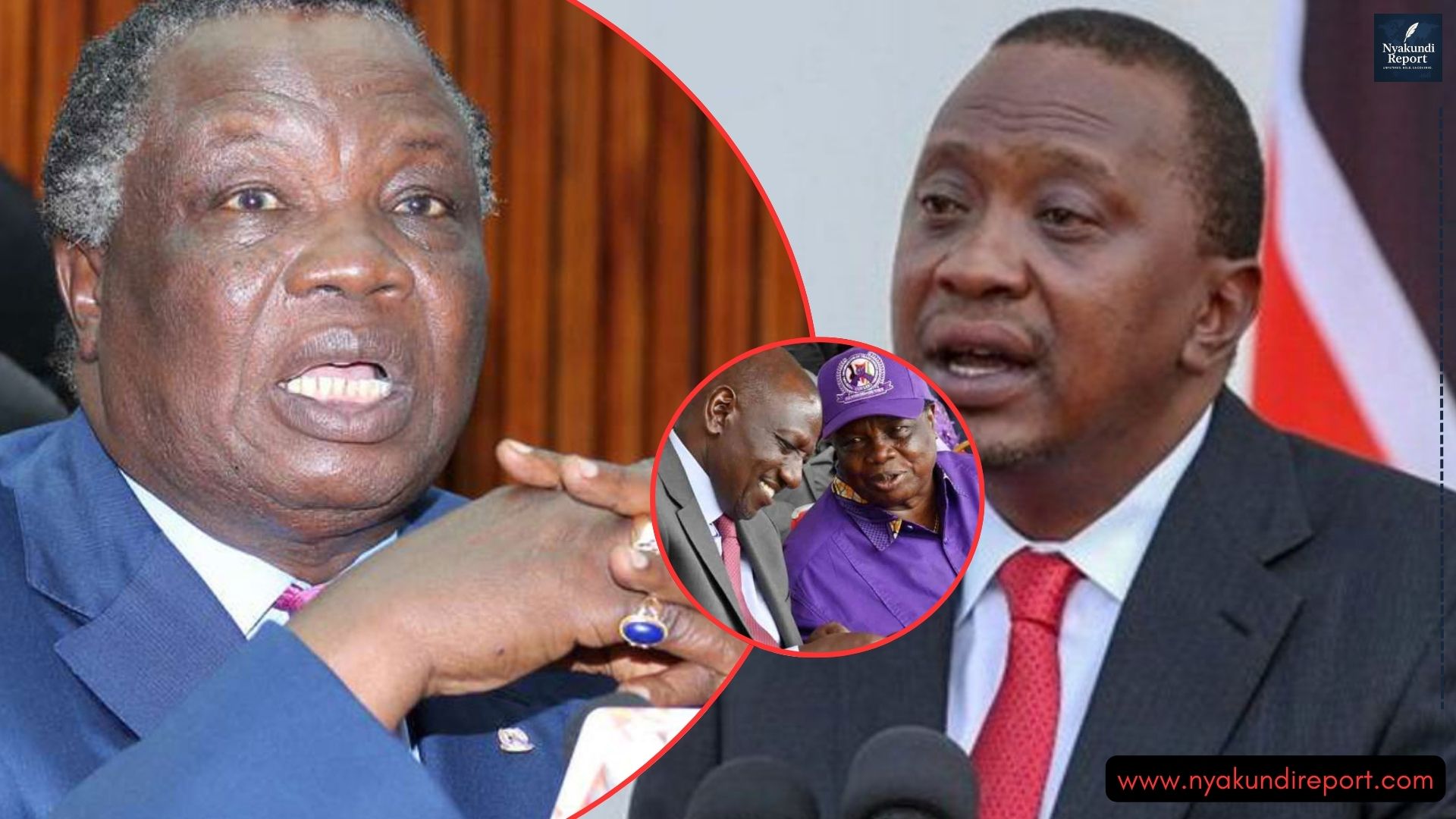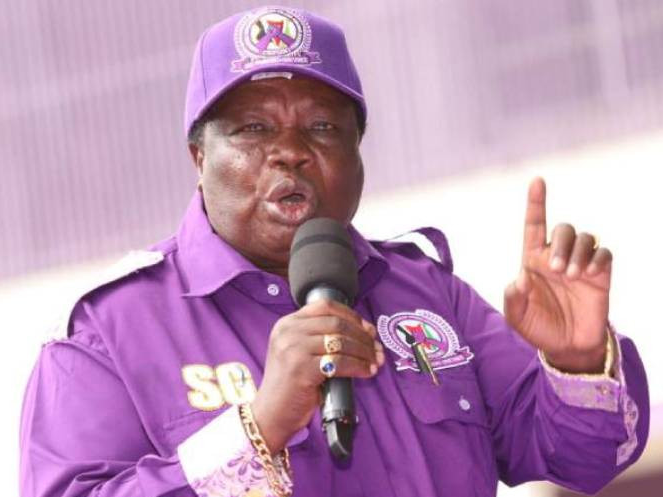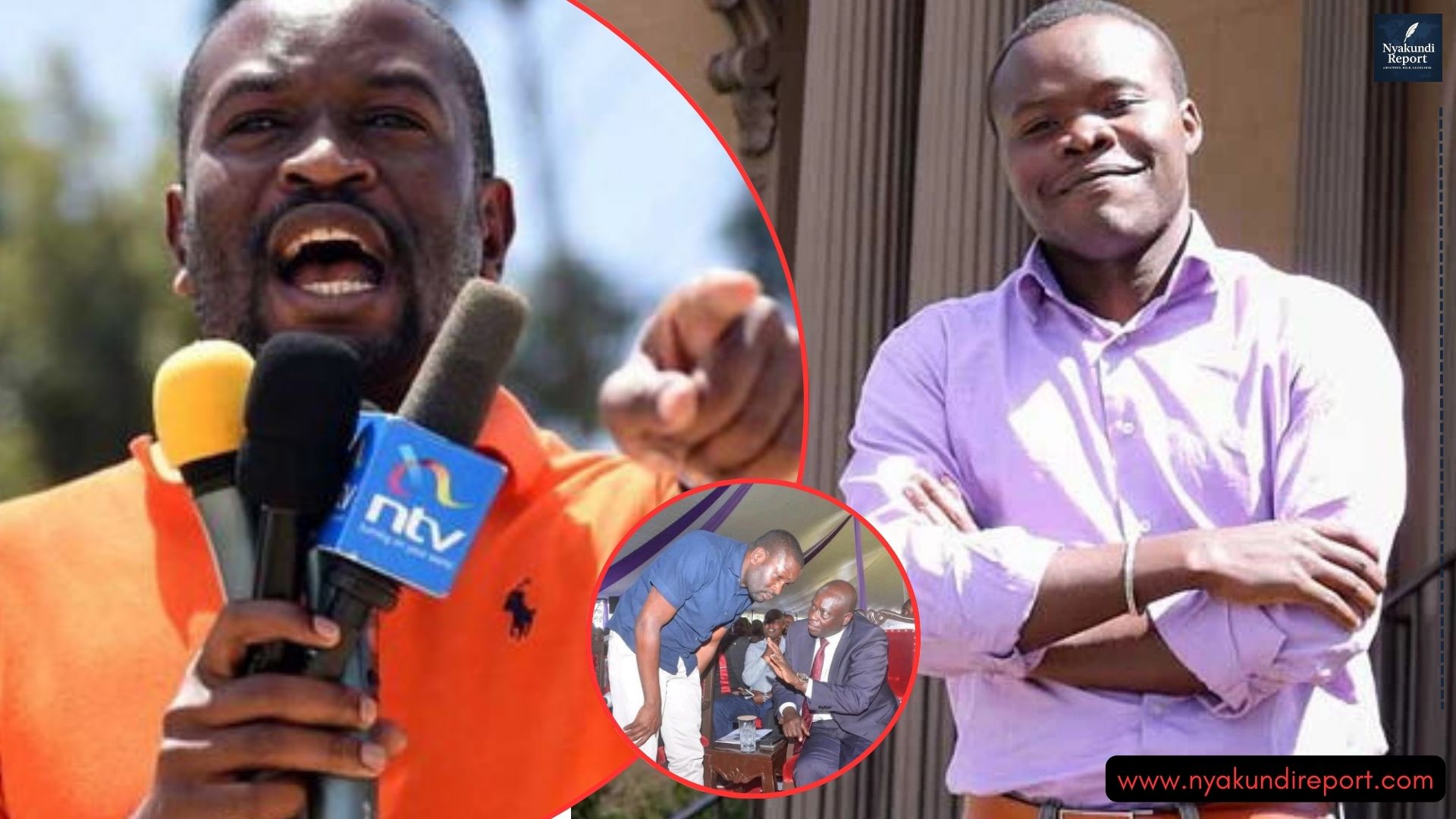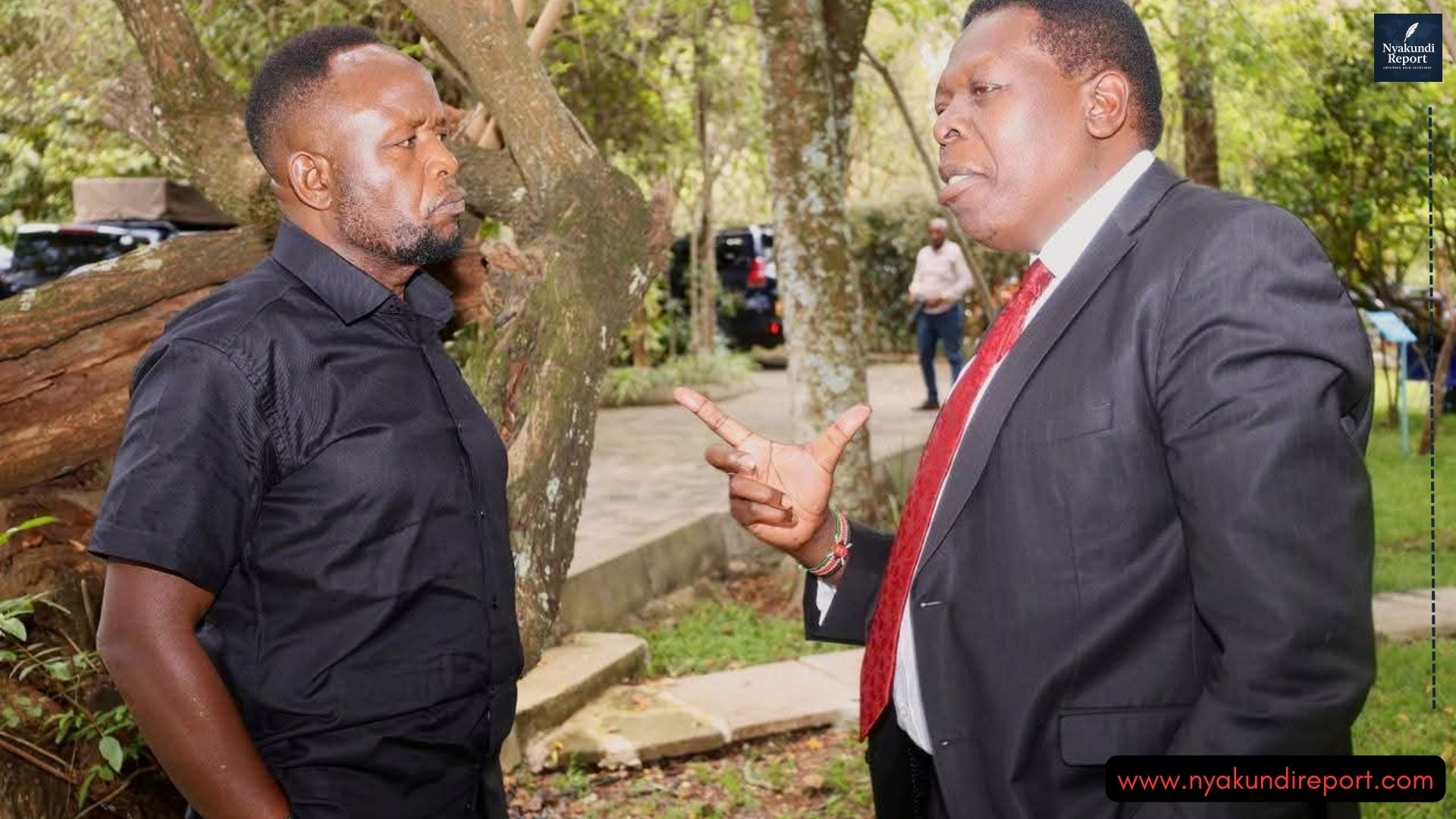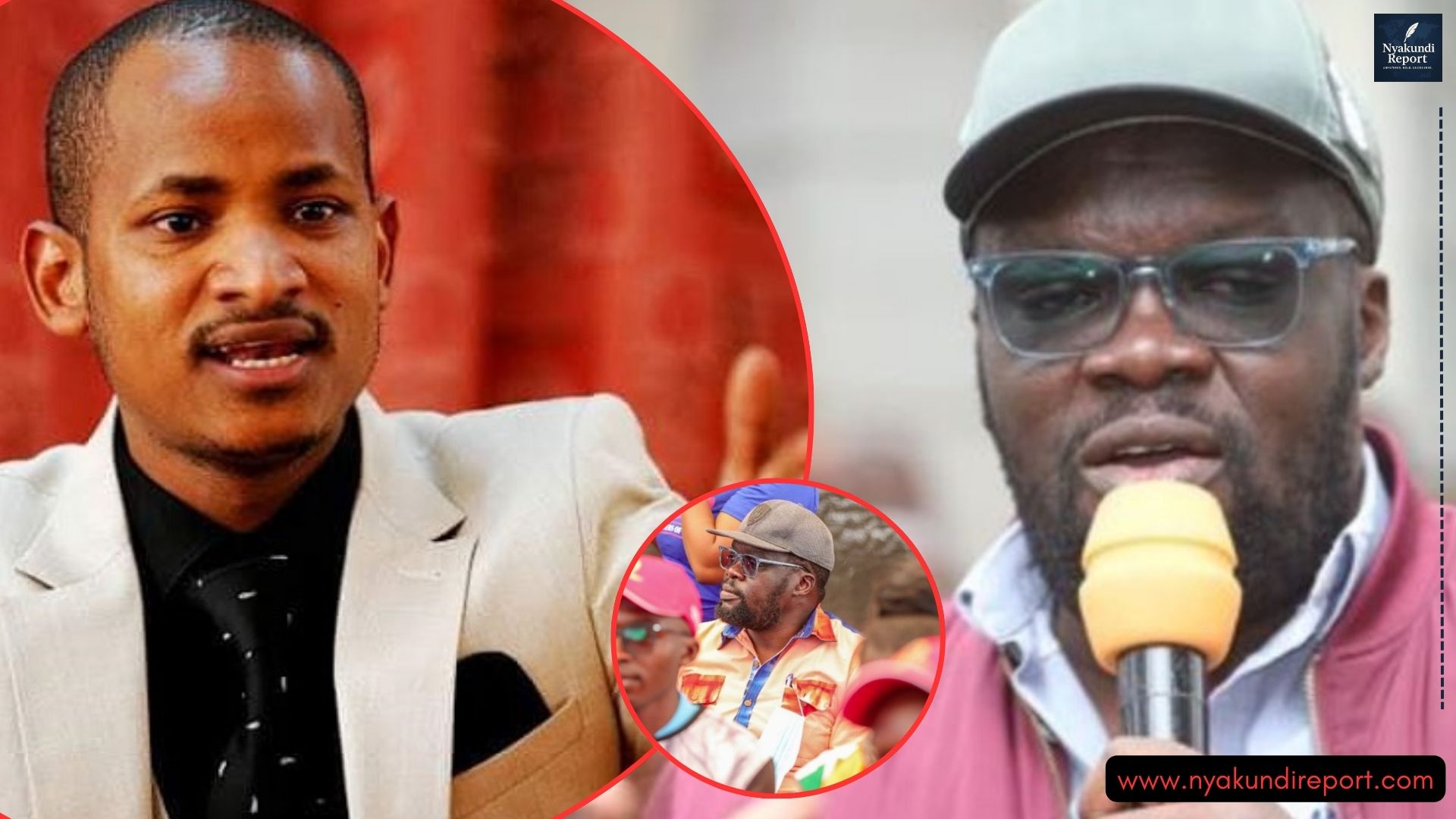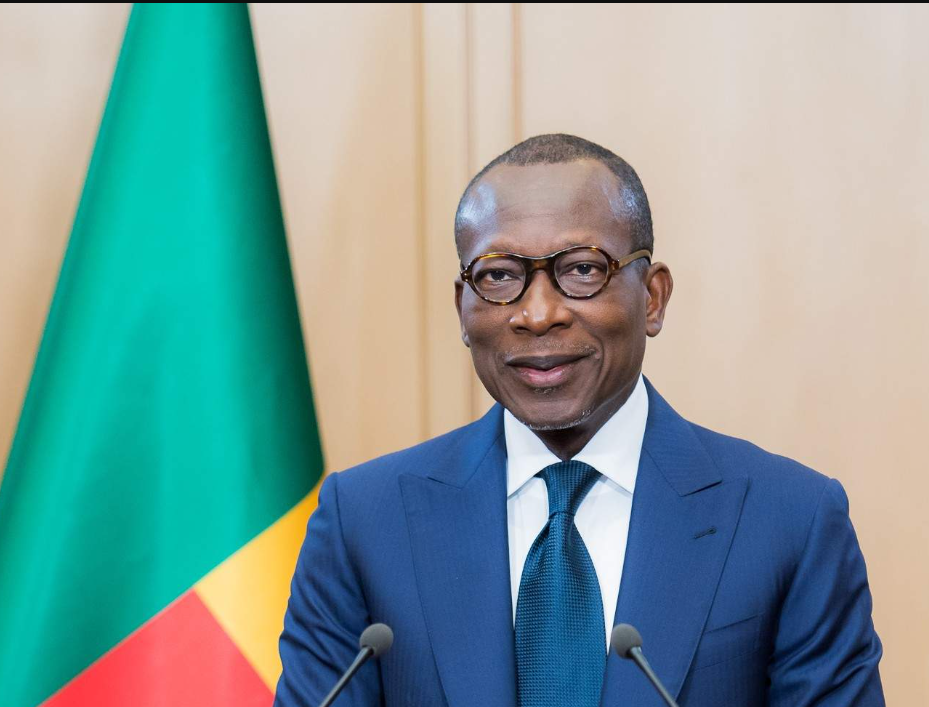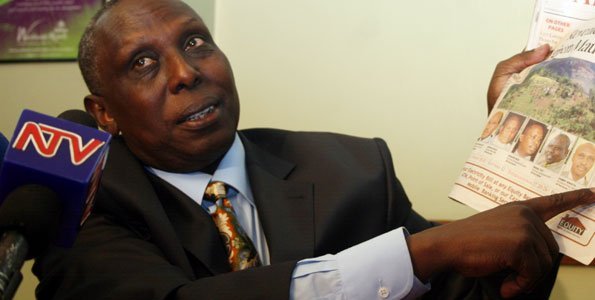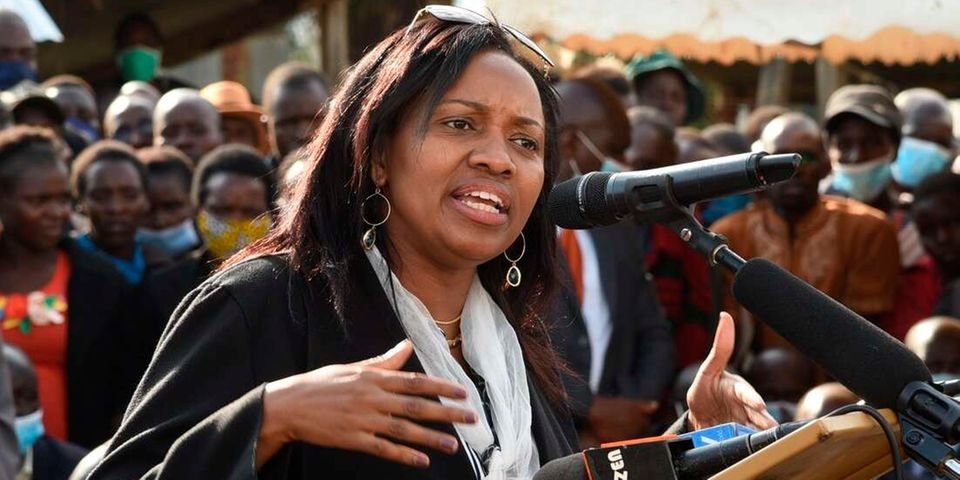Deputy Chief Justice Philomena Mwilu is once again in the hot seat after a new petition was filed seeking her removal from the Supreme Court.
The petition, lodged at the Judicial Service Commission (JSC) on Tuesday by Nairobi resident Belinda Egesa, accuses Mwilu of gross misconduct, incompetence, and violating the Constitution in a high-stakes case involving former Deputy President Rigathi Gachagua.

At the center of the storm is Mwilu’s controversial move last year to appoint a three-judge bench to handle Gachagua’s impeachment case, a move that the Court of Appeal has now ruled was unconstitutional.
The judges she picked, Justices Eric Ogolla, Anthony Mrima and Fridah Mugambi, were assigned to the matter at the High Court in Kerugoya.
But according to the appellate court, only Chief Justice Martha Koome had the power to make such appointments.
In its ruling delivered on May 9, the Court of Appeal declared Mwilu had no legal authority to assign the judges, branding her actions a clear overreach of her powers as DCJ.
The panel, made up of Justices Daniel Musinga, Mumbi Ngugi, and Francis Tuiyott, stated plainly: Mwilu was not acting CJ, nor were there any extraordinary circumstances to justify her actions.
Now, petitioner Egesa wants the JSC to take action.
Her lawyers, Bashir & Associates, argue that Mwilu’s conduct caused a “crisis of legality and institutional integrity” by greenlighting the swearing-in of Prof. Kithure Kindiki as Gachagua’s replacement.
The conservatory orders that had stalled Kindiki’s swearing-in were thrown out as a result of the illegally appointed bench, a decision that can’t be reversed.
“The Deputy Chief Justice’s continued stay in office sends the message that the JSC condones unconstitutional conduct,” the petition reads, warning that public trust in the judiciary is at stake.
Egesa claims Mwilu misinterpreted Article 165(4) of the Constitution and violated multiple provisions of the Judicial Code of Conduct and Ethics, including those on impartiality and accountability.
Her petition brands Mwilu’s behavior not only as a legal blunder, but also a betrayal of public confidence.
This is not Mwilu’s first brush with controversy.
Back in 2019, she faced similar calls for removal over allegations of graft and misconduct.
In 2021, another ouster attempt tied to corruption claims was also thwarted.
But this time, with the Court of Appeal already finding her actions unconstitutional, the DCJ may be facing her most serious challenge yet.
Whether the JSC will act or let this storm blow over remains to be seen.
One thing is clear: the judiciary’s second-in-command is once again fighting for her job.

